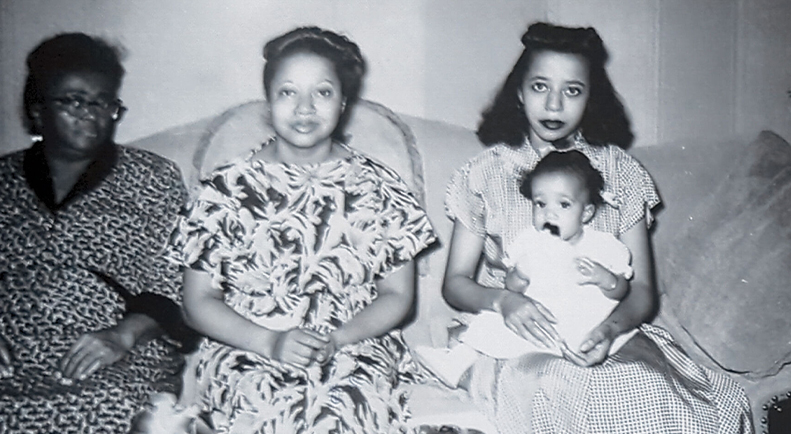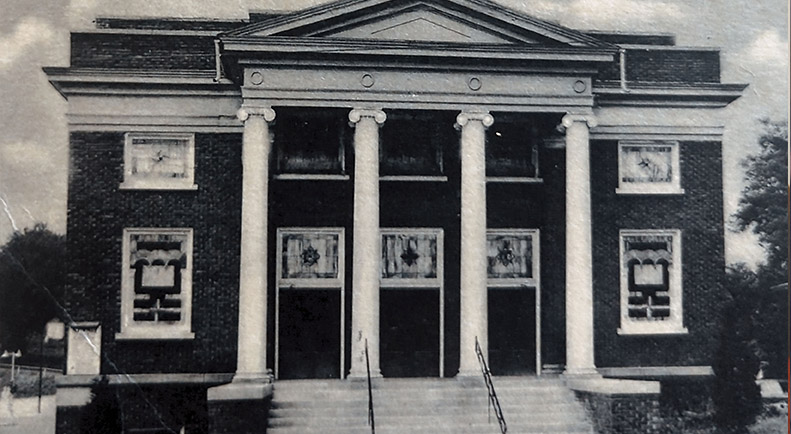The Jones, Bell, and Rhodes Family Story: Life Behind the White Picket Fence
In the late 1930s, Lula and Lawrence Jones left Holly Springs, Mississippi, in search of new opportunities, landing in Valley Junction, Iowa. The move was both a leap of faith and an act of resilience – a common thread in the Great Migration as African American families sought better lives in the North. With them came their two daughters, Musette and Aurelia. Life changed again when Lawrence, a man with a stubborn streak and an independent spirit showed just who he was. Family lore says Mr. Bell once told his field boss to “kiss his ass,” and, after that bold declaration, found it prudent to make a quick escape to Iowa.
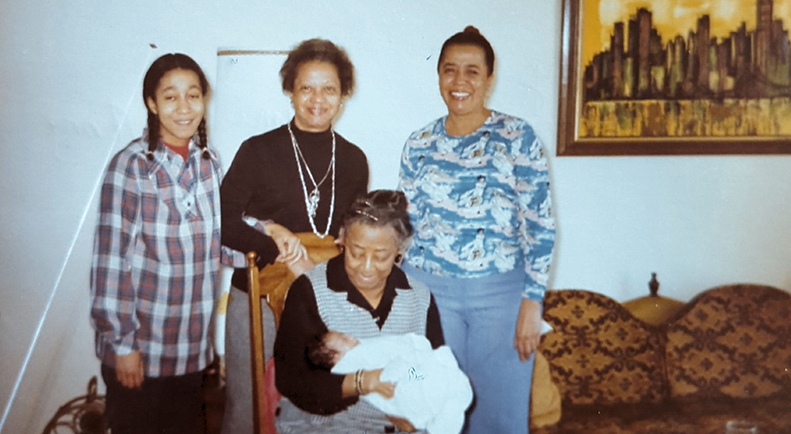
Mother Lula Bell
Lawrence died years later, and Lula married John Bell. They settled in the 100 block of 11th Street, a modest neighborhood where front porches served as living rooms and news traveled faster than the postman. Lula– known to everyone as Mother Lula Bell – was more than just a neighbor. She became a counselor to young married couples, offering advice over steaming cups of coffee. Many came to her not only for guidance on raising children, but also for gentle, firm reminders about the importance of mutual respect in marriage.
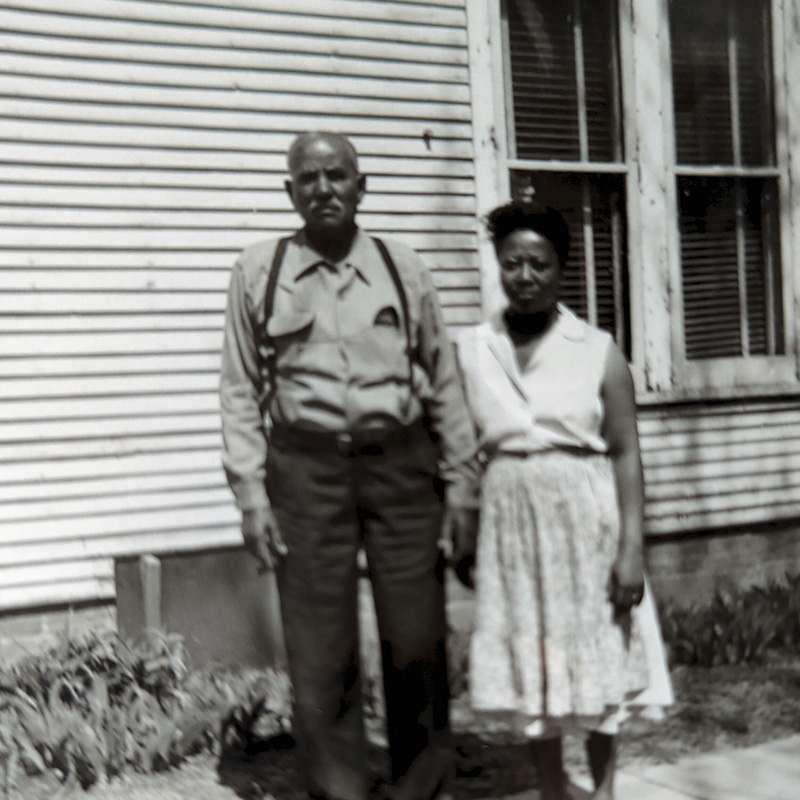
Making a Home on 11th Street
Aurelia marreid Gene Rhodes, and together they built their home at 111 11st Street, using lumber salvaged from the Fort Dodge Army barracks. Aurelia was a housewife in the truest sense – keeping a warm home and welcoming space for family and friends – while Gene found work with a prominent trucking company. His employment ended abruptly when the company discovered he was Black. Underterred, Gene took a job at the U.S. Post Office and later served in the U.S. Army during World War II.
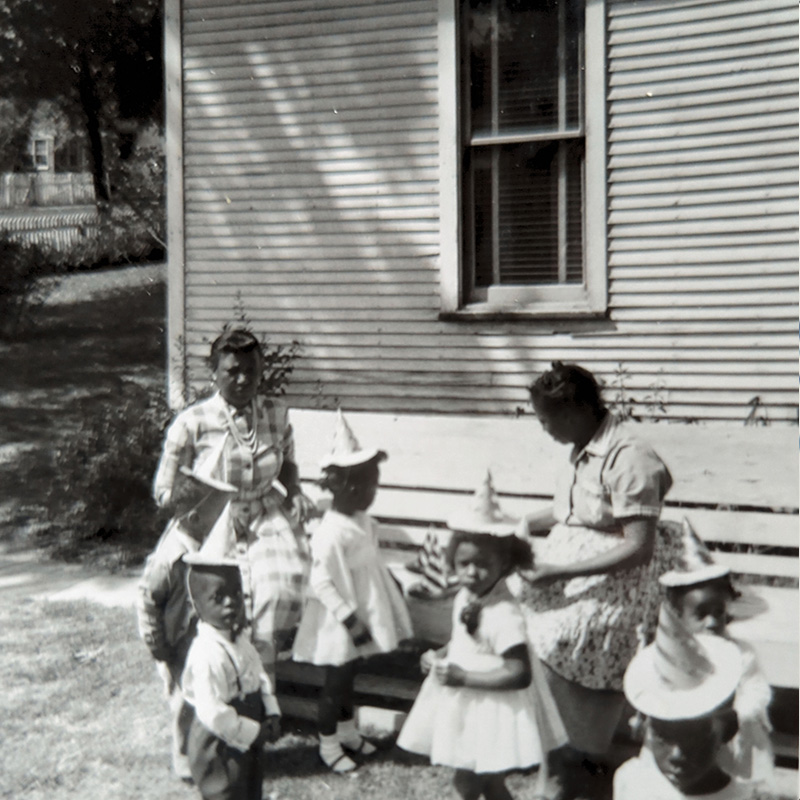
The Next Generation
Aurelia and Gene raised one daughter, a nurse, and later adopted two grandchildren – Penelope “Penny” Brewton and Cordelia Allen – who both graduated from Valley High School. Pennt broke new ground as the school’s first Black wrestling cheerleader, a proud milestone for both the family and the community. Subtle racism stuck Penny in the tiger mascot suit sitting on the wrestling mat next to the white cheerleaders in their pleated skirts. Penny remembers having to wear her costume to school, toting the head and holding the tail as she walked through the school halls. Aurelia also found time to volunteer alongside Phyllis and Marilyn Lepara in the local schools and at the West Des Moines Opportunity Center, extending the family’s tradition of service. Cordelia died in March 1996.
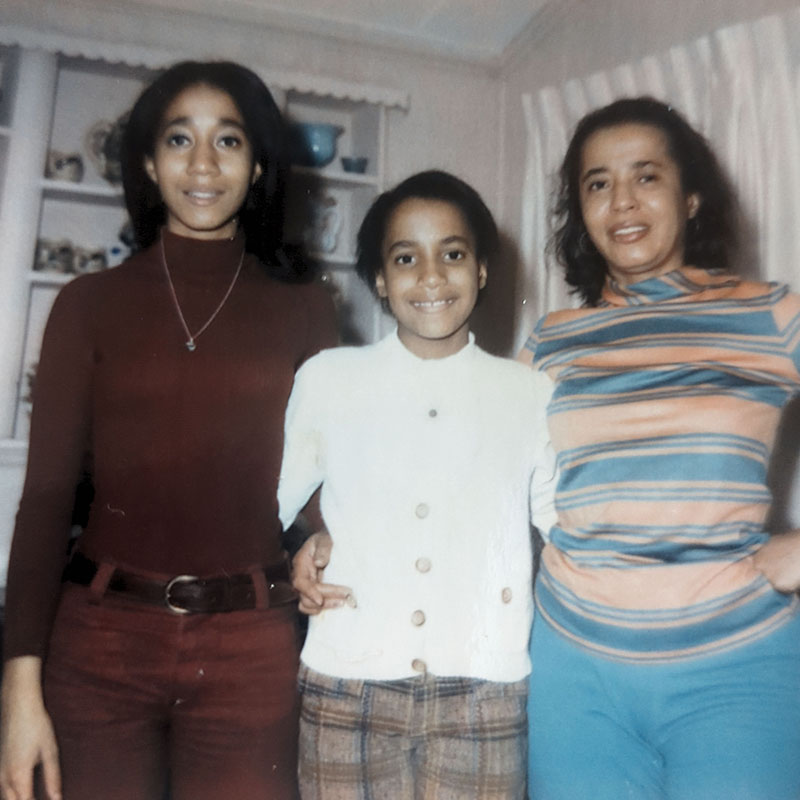
Three Households, One Fence
Musette, Lula’s other daughter, Jackie, had one daughter of her own and worked as a window dresser at Miller Wohl’s department store – an artful job that blended creativity with style.
The three households shared more than blood; they shared a white picket fence on the east side of 11th Street. It was a symbolic and literal boundary – welcoming, but only to those trusted to cross it. Sundays were devoted to St. Paul AME Church in Des Moines, where faith was not just a practice but a guiding principle.
Like many Black families of their generation, they encountered racism in most places – but not in Valley Junction. Here, they marveled at how the community worked together toward shared goals. The neighborhood was tight-knit, protective, and proud.
Family memories are stitched together with humor and warmth. Penny still laughs when recalling the day she thought she was getting wieners for lunch – only to find a bowl of Wheaties waiting for her instead.
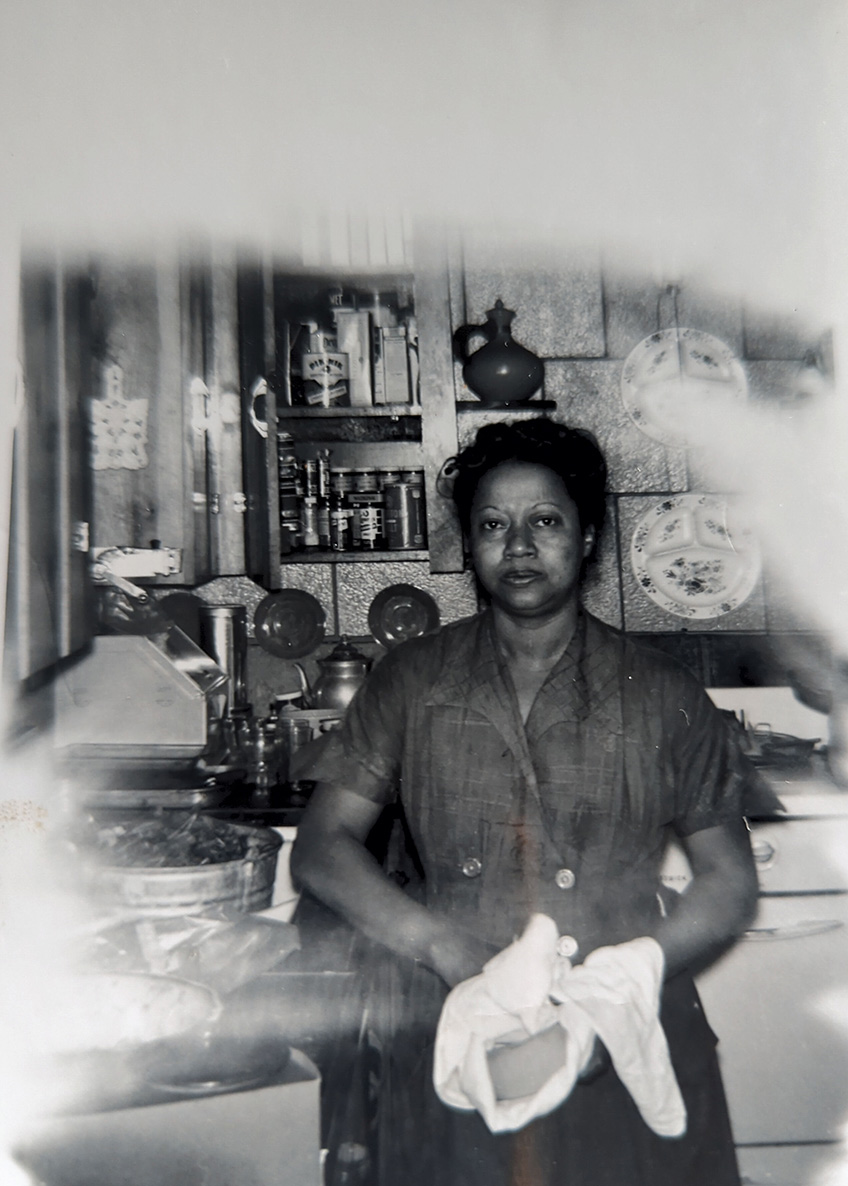
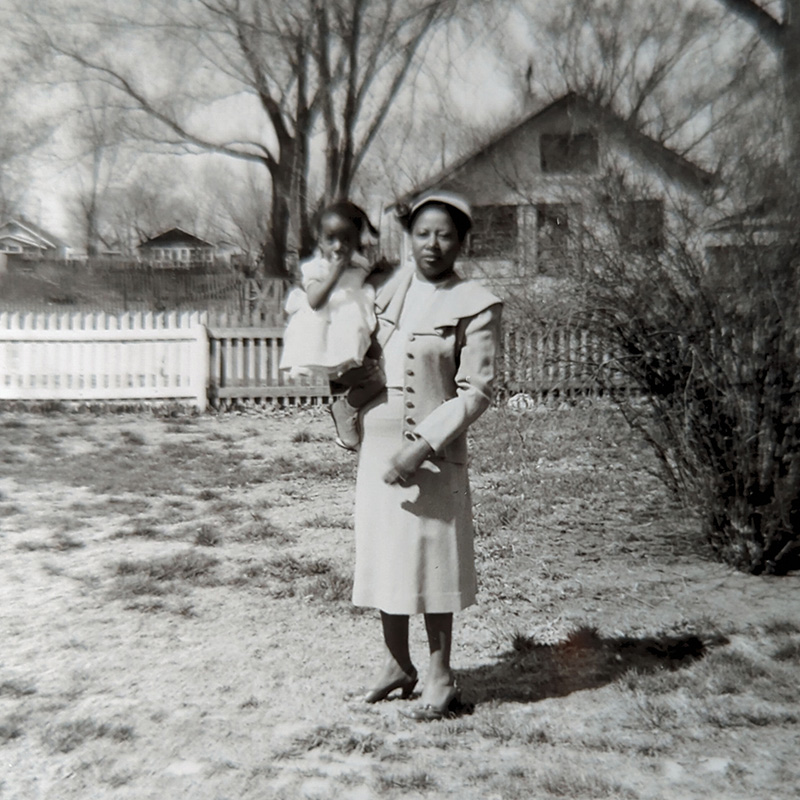
Her Story Lives On
The home at 111 11th Street still stands, holding the echoes of shared meals, laughter, and Sunday bests. Today, Penny lives in Cordova, Tennessee, with her husband Larry, their daughter Stacey, and her grandson Mason – carrying forward the same values of faith, family, and resilience that Lula Bell once shared over coffee on her porch.
